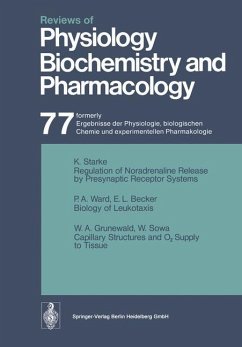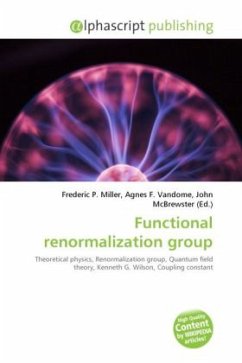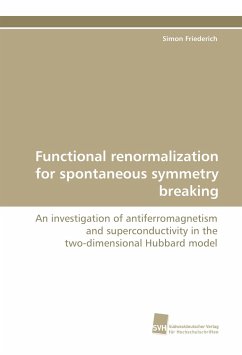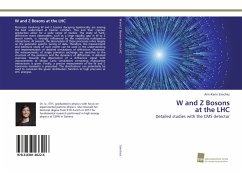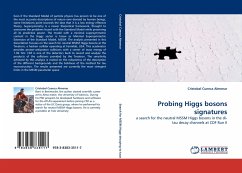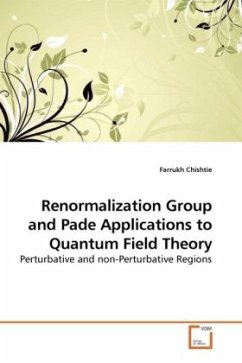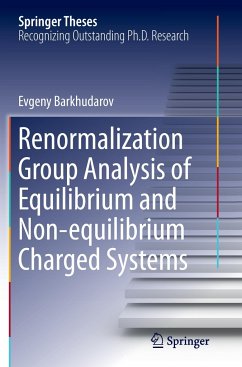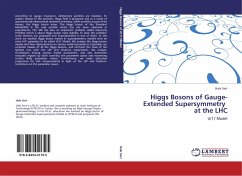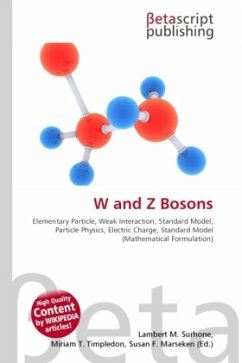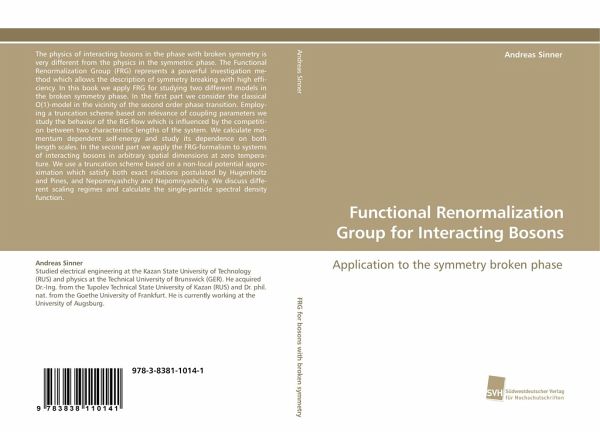
Functional Renormalization Group for Interacting Bosons
Application to the symmetry broken phase
Versandkostenfrei!
Versandfertig in 6-10 Tagen
69,90 €
inkl. MwSt.

PAYBACK Punkte
0 °P sammeln!
The physics of interacting bosons in the phase with broken symmetry is very different from the physics in the symmetric phase. The Functional Renormalization Group (FRG) represents a powerful investigation method which allows the description of symmetry breaking with high efficiency. In this book we apply FRG for studying two different models in the broken symmetry phase. In the first part we consider the classical O(1)-model in the vicinity of the second order phase transition. Employing a truncation scheme based on relevance of coupling parameters we study the behavior of the RG-flow which i...
The physics of interacting bosons in the phase with broken symmetry is very different from the physics in the symmetric phase. The Functional Renormalization Group (FRG) represents a powerful investigation method which allows the description of symmetry breaking with high efficiency. In this book we apply FRG for studying two different models in the broken symmetry phase. In the first part we consider the classical O(1)-model in the vicinity of the second order phase transition. Employing a truncation scheme based on relevance of coupling parameters we study the behavior of the RG-flow which is influenced by the competition between two characteristic lengths of the system. We calculate momentum dependent self-energy and study its dependence on both length scales. In the second part we apply the FRG-formalism to systems of interacting bosons in arbitrary spatial dimensions at zero temperature. We use a truncation scheme based on a non-local potential approximation which satisfy both exact relations postulated by Hugenholtz and Pines, and Nepomnyashchy and Nepomnyashchy. We discuss different scaling regimes and calculate the single-particle spectral density function.



